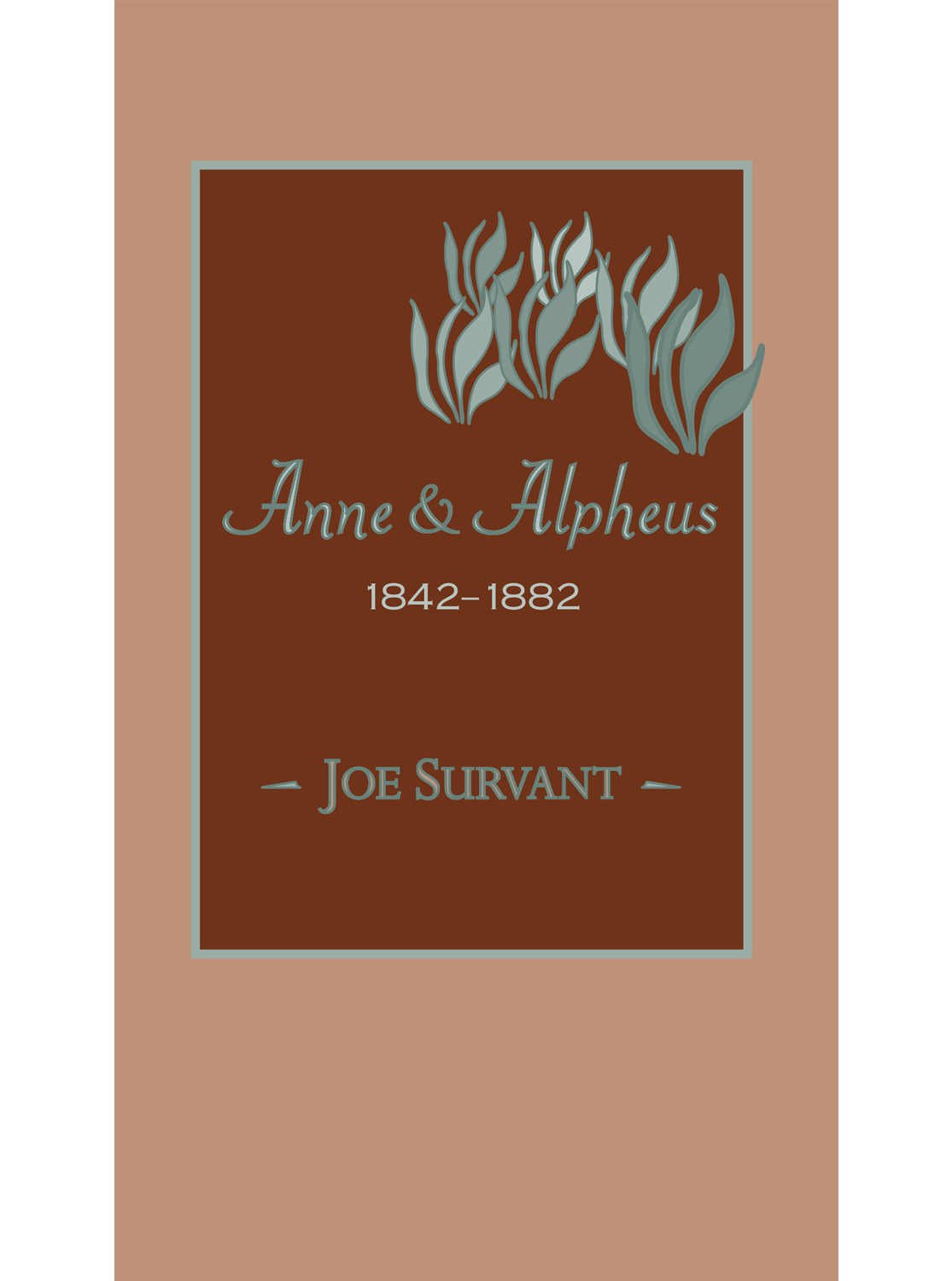Chosen by Rachel Hadas as the winner of the Arkansas Poetry Award, Anne & Alpheus: 1842–1882 is a compelling duet of monologues between a frontier man and woman surviving the hardships and recording the small triumphs of life in rural nineteenth-century Kentucky.
Ambitious in breadth and scope, these poems chart the loves and losses of early marriage, the terrors of civilian life during the Civil War, and the universal sorrows of aging, loneliness, and death. Through the distinct voices of Anne and Alpheus Waters, Joe Survant has fashioned a collection with all the sweep of a novel, all the dramatic intensity, poem by poem, of short fiction, and all the earthy, human lyricism of the dramatic monologue. These poems take us into the tobacco sheds, put us behind the plow, let us smell the soil, and
carry us under the stars where Anne and Alpheus walked.
Joe Survant is professor of English at Western Kentucky University and has taught at the University of Kentucky and the Universiti Sains in Penang, Malaysia, where he was a Fulbright Fellow. Portions of Anne & Alpheus: 1842–1882 appeared in Nimrod, The American Voice, and in the chapbook We Will All Be Changed.
“Using language of biblical resonance and simplicity, Survant lets the story of a marriage, a farm, and a stretch of American history emerge naturally in the voices of the protagonists. A hard-won wisdom emanates from Anne & Alpheus, gaining authority as the poem—for this book succeeds as one long poem—progresses.”
—Rachel Hadas
“Anne & Alpheus is a triumphant look at life one hundred years ago, yes, but it is also a hymn to what is best and lasting in the human spirit.”
—Lola Haskins
“Readers accustomed to poets who pace the limited dimensions of their own egos will be heartened by the novelistic scope and readability of this book. Apart from the affecting power of the story itself, what impresses is the way Survant has bonded the narrative and the lyric, a feat accomplished by few of his contemporaries. Evocative of a specific time and place, these poems have the stunning effect of restoring our own humanity, reminding us that we are connected to land and time, and most of all, to one another.”
—Neal Bowers

